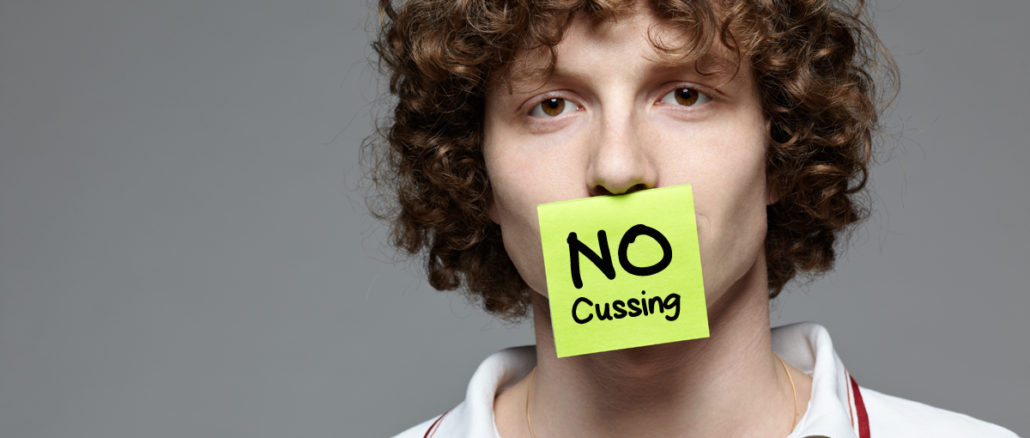
The days following the Joan Burton incident in Tallaght have been a time of reflection. For me, the reflection wasn’t on the incident itself, but on how the word scholar Germaine Greer referred to as “one of the few remaining words in the English language with a genuine power to shock” has become so commonplace that some people deemed it acceptable to hurl it at the Tánaiste.
This article isn’t intended to defend Joan Burton or to criticise people exercising their right to protest, its intention is to highlight how we as a society have become so desensitised and ultimately flippant, when it comes to using certain words – myself included.
The ‘c-word’ originated as slang for female genitalia and was in turn, a misogynistic insult; the insult being that it dehumanises women by reducing them to nothing but body parts. The body part used for sex no less, to imply that women were good for nothing else.
This is not to say that anybody who uses the ‘c-word’ is a misogynist. However, the unfortunate truth is that any use of the word contributes to a culture of misogyny. Personally, I feel that it would be best to shelve the insult altogether.
I feel the same about the word gay. Growing up, everything was referred to as ‘gay’. My friends told me that the music I liked was ‘gay’.
How the music I listened to had any connection with my sexual orientation was beyond me, but kids will be kids, and that kind of ignorance can be common. However, without education it carries over into adulthood and that’s where the problem arises.
The common argument is that people aren’t actually referring to gay people when they use the word ‘gay’ to describe something that they perceive as negative. I reject this defence.
Again, this is not to say that everyone who uses the word gay as a descriptor of something negative is a homophobe, but by using it, they do contribute to a culture and atmosphere that is too at ease with casual homophobia. After all, if you substitute the word gay for bad, whether consciously or subconsciously, you are essentially equating the two.
The Special Olympics have made it their aim to end the use of the word ‘retarded’ as an insult with their ‘Spread the Word to End the Word’ campaign. They have been collecting stories regarding the use of the word on a page on their website since 2013 and currently have 53 pages of such stories. See specialolympics.org for further information.
As children, most of us recited the sticks and stones rhyme, but as we grew older, we learned that we were wrong – names can hurt.
While slagging will inevitably occur, perhaps it’s time we be more mindful of the words we avail of when we next decide to insult something or someone.
Odrán de Bhaldraithe

Leave a Reply